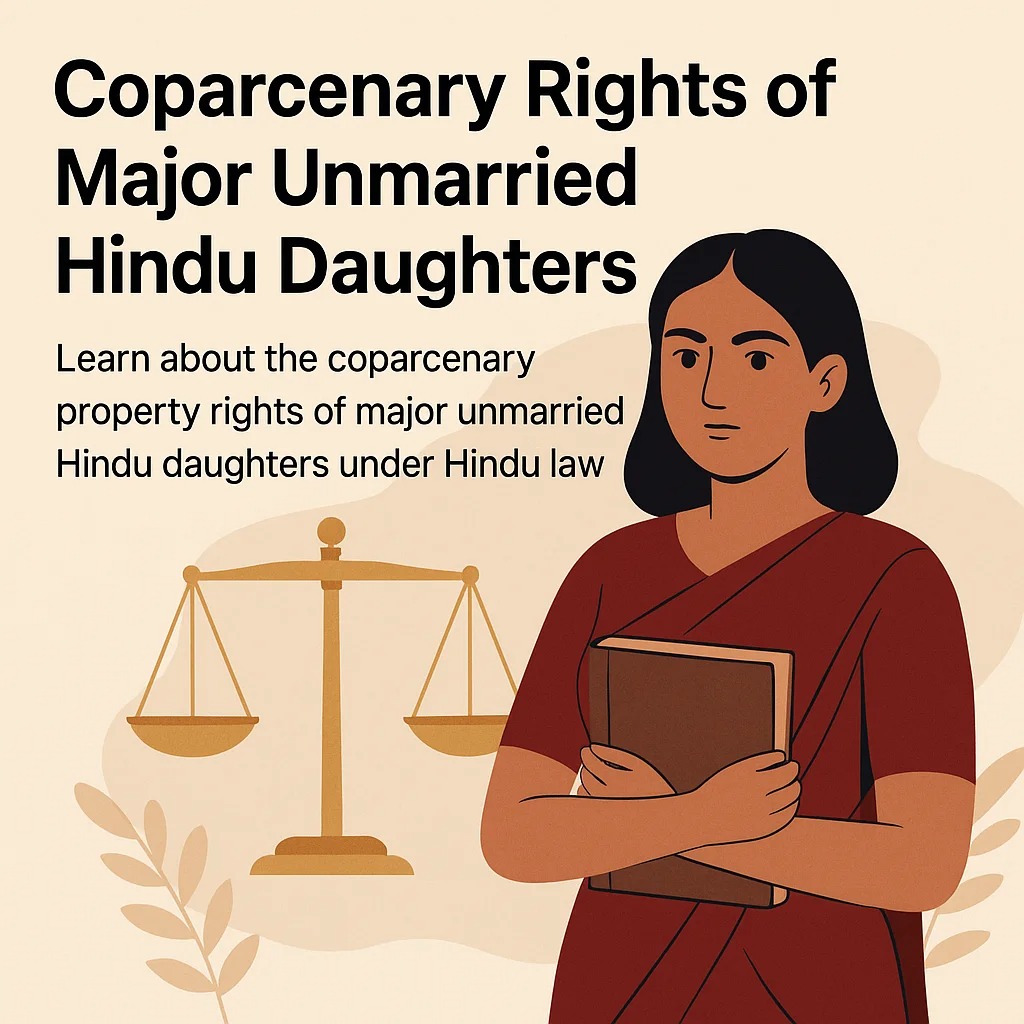V.K. Jhanji, J.@mdashIn the present writ petition, challenge is to order dated 19.1.1993 vide which the Financial Commissioner (Appeals), Panjab, Chandigarh after quashing orders dated 14.2.1991 and 27.11.1991 passed by the Assistant Collector and Collector respectively has remanded the acese to the -Assistant Collector 1st Grade, Rajpura for hearing and settling the objections of the parties and ensuring that partition conform to the mode of partition. The challenge is on the ground that (he order passed by the Financial Commissioner is contrary to the decision given by this Court and the judgment and decree dated 18.1.1990 passed by the Civil Judge.
2. In brief, the facts are that Gopal Singh (since deceased) and now represented by his widow and daughter being co-sharer in joint Khewat filed an application on 22.6.1984 before the Assistant Collector 1st Grade for partition of the joint Khewat. All the co-sharers whose name figured in the revenue record at the time of filing partition application were impleaded as parties. Raj Kumar son of Kachehri Lal, one of the co-sharers in the joint Khewat executed registered sale deed dated 2.7.1984 in favour of the petitioners. In the said sale deed, Raj Kumar alleged to have transferred ownership and possession of Khasra No. 1435(2-0) and 1436(4-0) comprised in Khata No. 682/897 in their favour for a consideration of Rs. 21,000/-. On the basis of sale deed dated 2.7.1984, petitioners filed an application for being impleaded as Parties to the partition proceedings. Their application was dismissed by the Assistant Collector 1st Grade. Their appeaj and revision too met the same fate. Petitioner filed Civil Writ Petition No. 3294 of 1990 and the same was allowed on 8.8.1990 and it was ordered that the petitioners shall be allowed to join the proceedings from the stage of filing of the written statement. Vide his order dated 14.2.1991, the Assistant Collector 1st Grade adjourned the case to 8.3.1991 for preparation of Naqsha-B. In Naqsha-B, Khasra Nos. 1435 and 1436 were allotted to the petitioners. The allotment of said Khasra Nos. led to the filing of objections by Gopal Singh that Naqsha-B had not been prepared in accordance with order dated 14.2.1991. The Assistant Collector vide order dated 14.5.1991 dismissed the objection and the Collector also dismised the appeal on the ground that the Assistant Collector 1st Grade had approved Naqsha-b and mode of partition and so Gopal Sigh is not entitled to raise objection regarding approval of Naqsha-B. Gopal Singh feeling aggrieved of the orders of the Assistant Collector and the Collector respectively filed civil revision before the Financial Commissioner. As noticed earlier, the Financial Commissioner (Appeals) vide order dated 19.1.1993 remanded the case to the Assistant Collector 1st Grade, Rajpura for hearing and settling the objections of the parties and for ensuring that the partition is conforming to the mode of partition.
3. The contention of learned counsel for the petitioners is that Assistant Collector 1st Grade, on 14.2.1991 (Annexure P-4) had proposed the mode of partition and one of the proposal was that the partition will be effected keeping in view the possession of the Parties and the shortage, if any, will be made good. It is contended that Raj Knmar had expected registered sale deed dated 2.7.1984 in favour of the petitioners transferring the ownership and possession of Khasra Numbers 1435(2-0) and 1436(4-0) and it is on the basis of their possession that Naqsha-B was prepared and Khasra Numbers 1435(2-0) and 1436(4-0) were allotted to them. It is contended that the Financial Commissioner committed an error in remanding the case to the Assistant Collector 1st Grade.
4. Against this, learned counsel appearing on behalf of the legal representative of Gopal Singh contended that the judgment and decree of the Civil Court vide which the petitioners were found to be in possession and Gopal Singh was restrained from interfering in the possession of the plaintiffs, was taken in appeal by Gopal Singh and during the course of appeal, petitioners filed an application for permission to withdraw the suit. The application was allowed and the judgment and decree of the trial Court was set aside. He contended that in view of order dated 10.1.1994 passed by the Additional District Judge, whereby judgment and decree of the trial Court was set aside, it cannot be said that the petitioners were in possession of Khasra Nos. 1435 and 1436. He thus contended that before allotting Khasra Nos. 1435 and 1436, the Assistant Collector 1st Grade was required to determine as to who was in possession of said Khasra Numbers at the time of filing of the partition application and only thereafter these two Khasra Numbers could have been allotted.
5. After hearing the learned counsel and on going through the record, I find that the Financial Commissioner has not committed any illegality in remanding the matter to the Assistant Collector to settle the objections and to decide the partition proceedings in accordance with the mode of partition (Annexure P-4) proposed by the Assistant Collector vide order dated 14.2.1991.
6. It is no more in dispute that after purchase, mutation No. 5046 was entered by Halqa Patwari on 13.7.1984 regarding Khasra Nos. 1435 and 1436 in favour of the petitioners. Gopal Singh objected to the entering of mutation on the ground that he was in possession of these Khasra Numbers since long. The Assistant Collector 1st Grade refused to sanction the mutation vide his order dated 14.7.1987 on the ground and as per Jamabandi for the year 1980-81, the possession of land was that of Gopal Singh. In the Girdwaries too Gopal Singh had been shown to be in possession of Khasra Numbers 1435 and 1436. It is further not in dispute that against order dated 14.7.1987 vide which the Assistant Collector refused to sanction mutation regarding particular Khasra Number in favour of the petitioners, an appeal was preferred before the Collector who upheld the finding of the Assistant Collector on 27.5.1988. Therafter, the petitioners went in civil revision before the Commissioner. The Commissioner dismissed the revision petition. Petitioners took the matter to the Financial Commissioner (Appeals), who vide order dated 13.1.1998 dismissed the revision petition holding that where the sale by a co-sharer of a particular piece of land of joint holding is effected through registered deed, and that piece of land is in possession of other co-sharers, mutation cannot be sanctioned of these Khasra Numbers as the possession of the area cannot be transferred. She also took notice of the fact that Gopal Singh''s possession had been continuous and he was the mortgagee with possession since 1976. In 1983, Gopal Singh became a co-sharer on account of purchase of ashare in the holding and applied for partition. The sale by Raj Kumar to the petitioners too was made 10 days after Gopal Singh had filed an application for partition of joint holding. The judgment of Civil Court on the basis of which petitioners are claiming to be in possession of Khasra Nos. 1435 and 1436, cannot be taken into account because in appeal the suit was withdrawn without any pre-condition. The Additional District Judge in his order dated 10.1.1994 specifically held that as a result of withdrawal of the suit, thejudgment and decree of the trial Court shall stand set aside. In the proposed mode of partition (Annexure P-4), it was clearly mentioned that the partition will be effected keeping in view the possession of the parties and the shortage, if any, will be made good. Since the case of Gopat Singh throughout was that he is in possession of Khasra Nos. 1435 and 1436 and that assertion of Gopa! Singh was being contested by the petitioners, the Assistant Collector-was duty bound to prepare Naqsha-B only after settling as to who was in possession of Khasra Nos. 1435 and 1436 at the time when application for partition was filed. Since this was not done, the Financial Commissioner was well within his jurisdiction to remand the case to the Assistant Collector for partition of the joint holding of the parties in accordance with the mode of partition after settling the objections of the parties.
In this view of the matter, no case for interference with the impugned orders in exercise of powers under Article 226 of the Constitution of India is made out. Ac- cordingly, the civil writ petition is dismissed with no order as to costs.
7. Petition dismissed.

